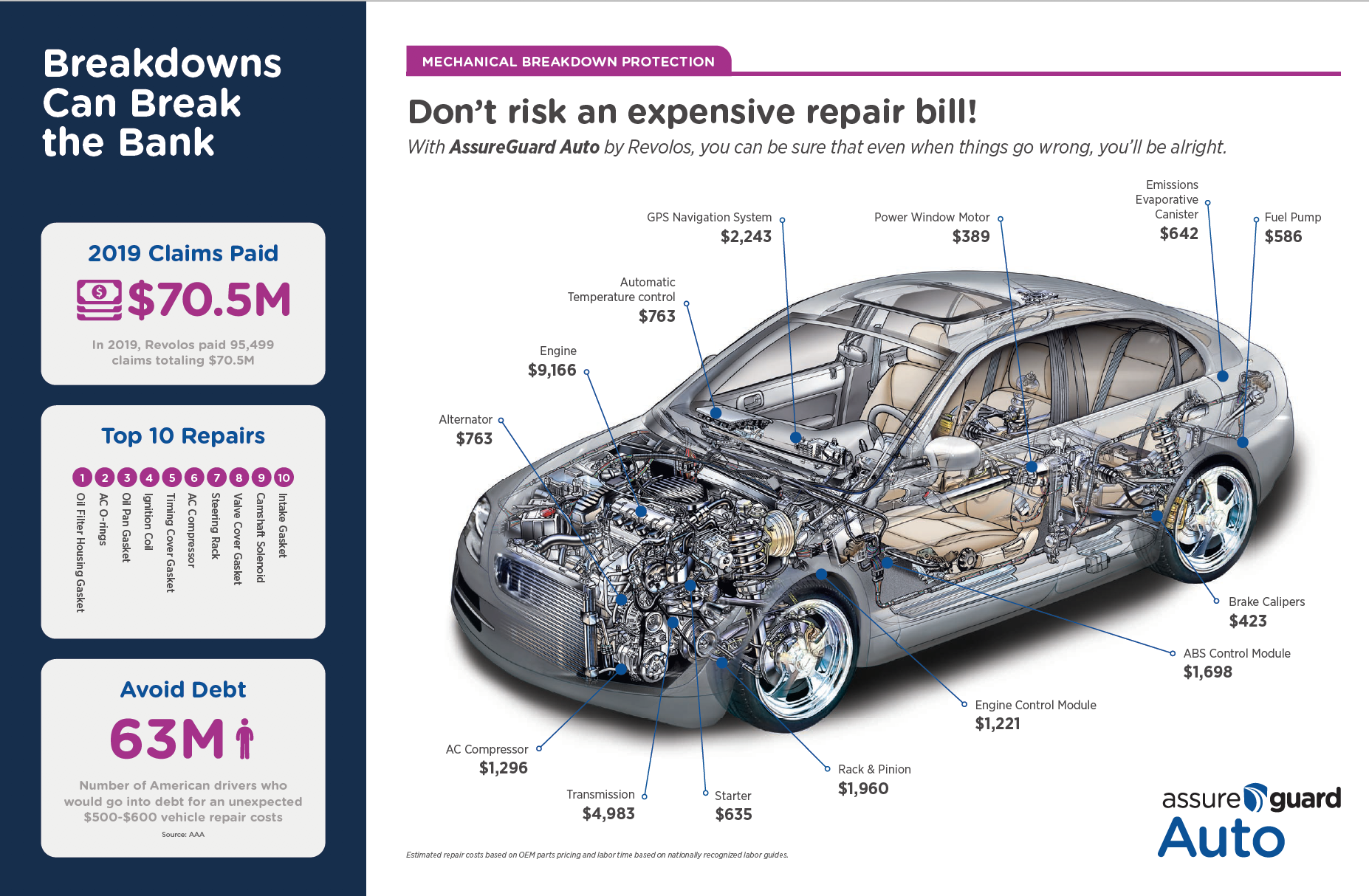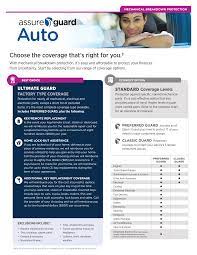

Control Rising Medical Costs Today.
Prepare for Your Future.
Health Savings Accounts (HSAs) let you control rising medical costs while enjoying tax incentives.
An alternative to traditional health insurance, an HSA is a savings product that allows you to pay for current health expenses and save for future qualified medical and retiree health expenses on a tax-free basis.
If you don't have an HSA and qualify for one, you might be missing out.
Eligibility
To be eligible to have an HSA, you must be covered under an HSA-compatible high deductible health plan (HDHP). An HDHP generally requires that you pay out of pocket for medical expenses incurred (excluding certain preventative care expenses) until your deductible is met. Plan coverage kicks in after that.
An HDHP may be HSA-compatible if it satisfies the IRS' annual deducible and out-of-pocket expense requirements. But the rules that define an HSA-compatible HDHP can be complicated so check with your insurance provider or employer to see if your health plan is HSA-compatible.
HSA-Compatible HDHP Amounts
Contributions
If you're eligible to contribute to an HSA for the entire year, you can contribute up to the annual statutory limit for the type of HDHP coverage you have. If you're 55 or older, you can make an additional "catch-up" contribution of up to $1,000. If you are not eligible for the entire year, you can still contribute the maximum contribution amount if you remain-HSA eligible throughout a 13-month "testing period."
| Year | Self-Only Coverage | If Age 55 or Older | Family Coverage |
If Age 55 or Older
|
|---|---|---|---|---|
| 2025 | $4,300 | $5,300 | $8,550 |
$9,550
|
| 2026 | $4,400 | $5,400 | $8,750 |
$9,750
|
HSA Benefits

- You can deduct contributions that you make to your HSA on your federal income tax return.
- Any HSA contributions made through payroll deduction reduce your federal income tax liability and Social Security and Medicare taxes.
- Earnings in your HSA grow tax-deferred.
- HSA distributions that you use to pay for qualified medical expenses are tax-free.
- You are in charge of your HSA assets.
- You can withdraw money from your HSA at any time.
- You can carry over your HSA balance from year to year.
- You own the HSA and can take it with you even if you change health plans or employers.



